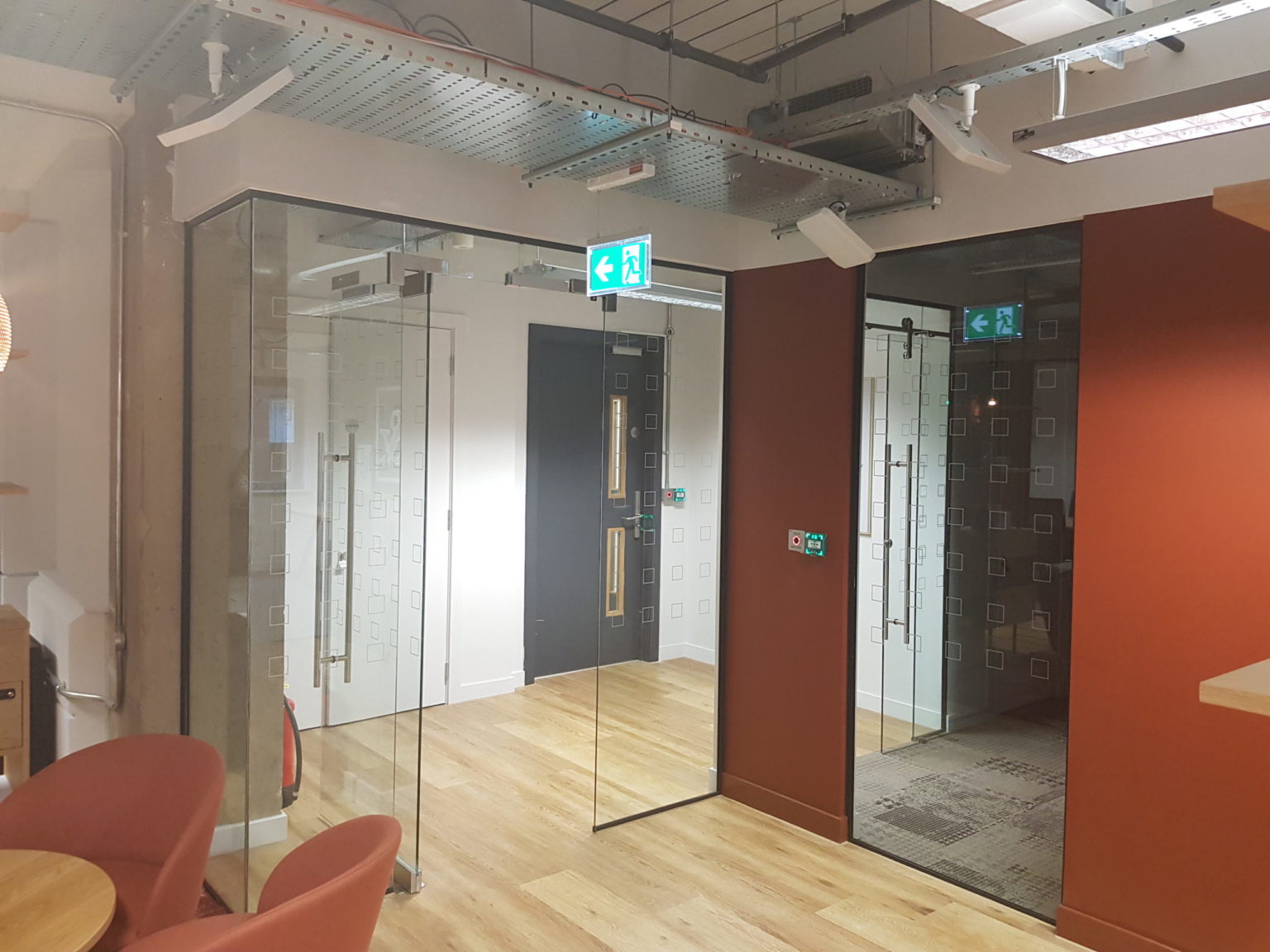Unifi.id launches hands-free door entry system to reduce risk of COVID-19 spread


James Thorpe
Share this content
London-based technology company, Unifi.id has developed a contactless door entry system that can help limit the spread of coronavirus as offices and other buildings reopen.
An ultra-high frequency RFID (radio frequency identification) chip, embedded in entry cards or entry cardholders is detected by an antenna placed within 10m of the doorway.
A profile of the staff member appears on the receptionist’s/security guard’s screen and thus security is maintained. Those who are not authorised to be in the building are identified by building personnel and escorted from the premises.
Automated ID detection reduces the risk of building users picking up COVID-19 from contaminated door handles, push plates and card scanners.
“A version of the virtual doors was developed 18 months ago. At the time there wasn’t a real need for this. COVID-19 made us realise that the technology had to be redeveloped to allow employers to have all of the doors open so that staff would not have to touch the handles and therefore reduce the infection rate,” said Paul Sheedy, Founder and CEO of Unifi.id.
Although some buildings in England are starting to reopen, many remain empty despite the Prime Minister’s gradual easing of lockdown restrictions on 10 May with bosses and building managers currently figuring out how to protect returning workers.
To make their working environments safer when workers return to office buildings, building managers can limit building capacity to encourage people to stay two metres apart. The contactless door removes the need to manually sign in, meaning the reception desk is no longer a frequently touched surface and possibly a source of infection.
Founder, Paul Sheedy said: “When you go into a building now, the security will give you the nod as they can see that you should be there. Live View shows who is walking in where and when so that allows the security teams, the reception teams to clearly identify them before they get to the access doors and the access doors can stay open.”
The data generated on the staff member’s entry can be kept for as long as the employer deems adequate. This may be as long as two to three weeks (the incubation period of COVID-19 is between two and 14 days) or as little as one day.
37% of respondents said they could fully reopen by following government guidelines, but 45% of firms said that they could only partially resume their operations, according to the British Chamber of Commerce survey.
Paul Sheedy, Founder and CEO of Unifi.id said: “This pandemic means that employers and organisations have to move to bring in safety measures quickly and at a very low cost. The data collecting through our system allows for track and trace. It is just another weapon in the arsenal to reduce opportunities for the virus to spread by lowering physical contact with doors or the need to have contact unnecessarily throughout the building, floor by floor.”



